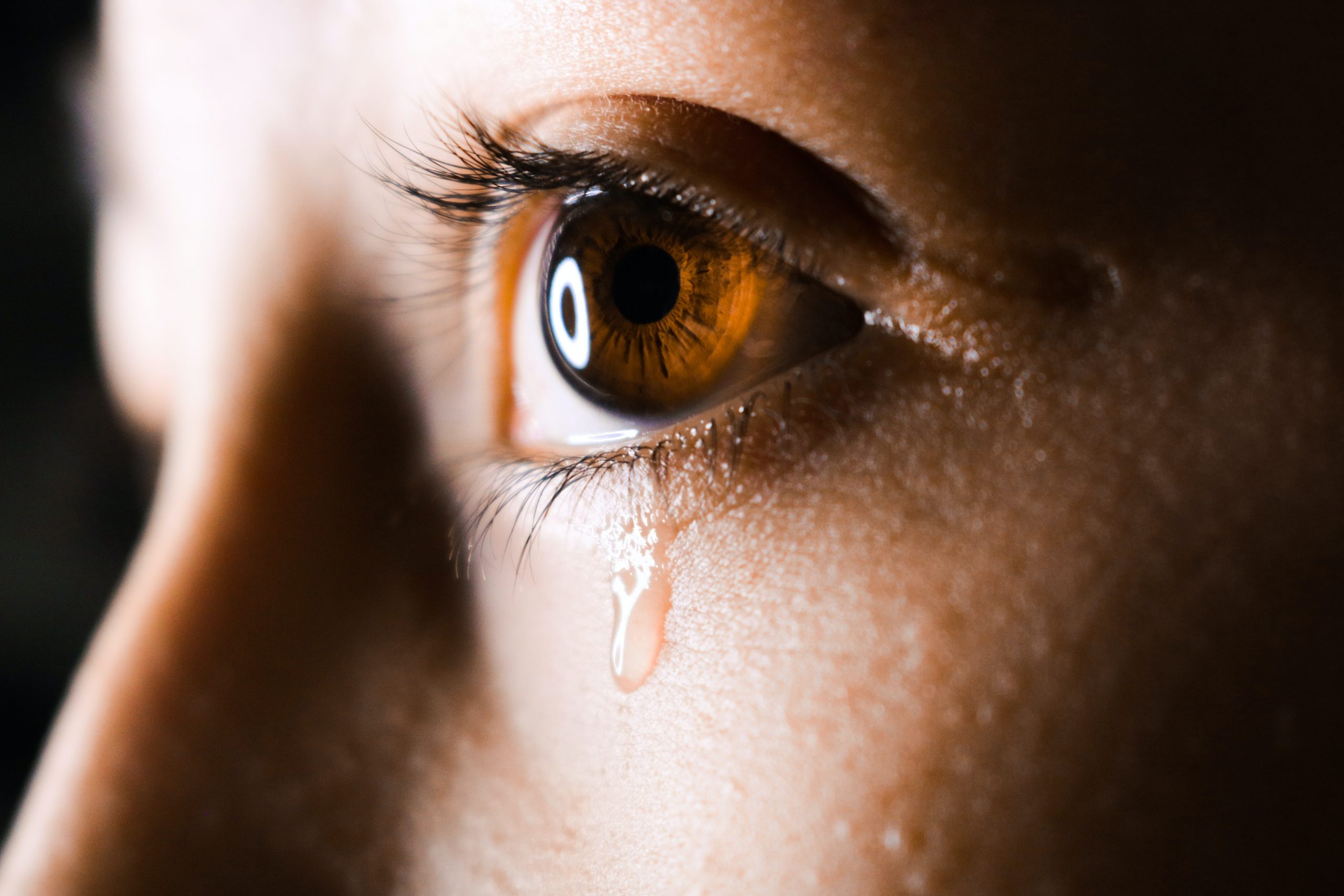Lindsay Mitchell
lindsaymitchell.blogspot.com
Lindsay Mitchell has been researching and commenting on welfare since 2001. Many of her articles have been published in mainstream media and she has appeared on radio,tv and before select committees discussing issues relating to welfare. Lindsay is also an artist who works under commission and exhibits at Wellington, New Zealand, galleries.
Oranga Tamariki released two companion research papers on the last day of November. The topic is Making sense of being in care, adopted, or whangai.
The first canvasses the available literature on the subject; the second canvasses the views of young people and their caregivers.
The first contains this observation:
“Within the Maori world view, children do not just belong solely to their parents, but belong to their wider whanau. Therefore, whangai does not undermine a child’s sense of belonging if they come to live with other relatives.”
Let’s take that at face value. A Maori child’s connection to their wider whanau is just as important as their connection to their parents.
Says who?
I ask because the second ‘qualitative’ paper contains quotes from Maori children (and caregivers) that would indicate their connection to their mother, especially, is of utmost importance. Apparently, “Almost all said … they’ve struggled in some way with feeling unwanted, unloved and abandoned by their birth parents. This happened across the board – whether they were adopted, whangai or being raised by wh?nau or non-whanau caregivers.”
Each of the examples below is a distinct case.
On the death of a mother:
“It was hard for everyone losing Mum. It was bad enough for me trying to deal with it let alone her losing Mum. Mum was her soulmate; Mum was her everything…She wouldn’t talk to me, even though I’d sit on her bed and ask her things or take her out shopping or to the beach. She’d just sit there in silence.” Whangai sister/caregiver
On abandonment by a mother:
“I was definitely a mum’s girl and my mum had left me. It was hard. When your best friend leaves you, you just don’t understand…. You want to be loved and feel loved from the people you thought loved you but at times I haven’t felt that. I felt that love from my whangai whanau, and it was just hard you know – people that weren’t my own whanau loved me more than my own.” Rangatahi whangai
Another case described by an adoptive parent:
“There’s been a few traumas with his mother along the way… with each new relationship, she’d just disappear so it was like no one else existed. He’d ask, ‘where is she, what’s she doing? She doesn’t care about me’…. He’d see her with a new baby and it’d be like, ‘she cares about that baby, why doesn’t she care about me like that?’.” Whangai parent
The paper continues, “For some children and young people who are in care, it’s meant struggling with being separated from their birth parents and missing and wanting to see them. Whanau and non-whanau caregivers told us they’ll sometimes get extremely upset when their parents leave after visits, kicking and screaming, or will come back from visits with them angry and churned up.”
“They love their mum…. I said to their mother the other day when she rang, ‘Look, pull your head out of your backside. These kids miss you. They want you to look after them, not us.’ They keep asking for their mother, even their father, and they get all upset. But they come right.” Whanau caregiver
And:
“I’ll never forget the time when she was nine; it was some photo on Facebook or something. She saw her other siblings having fun with their mum, some trip somewhere and she felt like she was missing out and just cried and cried.” Whangai parent
And:
“I stopped the mother from ringing him without me being there because she would make promises to him and not follow through…. He’d get really, really excited and then it doesn’t happen…and I’d have to pick up the pieces.” Whanau caregiver
Finally:
“I started off with the ‘of course she loves and cares about you’ and then I changed tack because I could see he was getting emotionally upset over what she was doing and the inconsistencies…. I switched to, ‘this is how she is; it doesn’t mean we can’t love her, it’s just how she is’. It felt like pouring a bucket of cold water on him every time but I actually think it was helpful for him ’cause it shifted him off a fantasy mum.”Whangai parent
My point?
I wonder if the lesser importance the Maori world-view places on biological parents – mothers in particular – is actually an adult world-view? The world through the Maori child’s lens may be quite different.
Please share this article so that others can discover The BFD.

